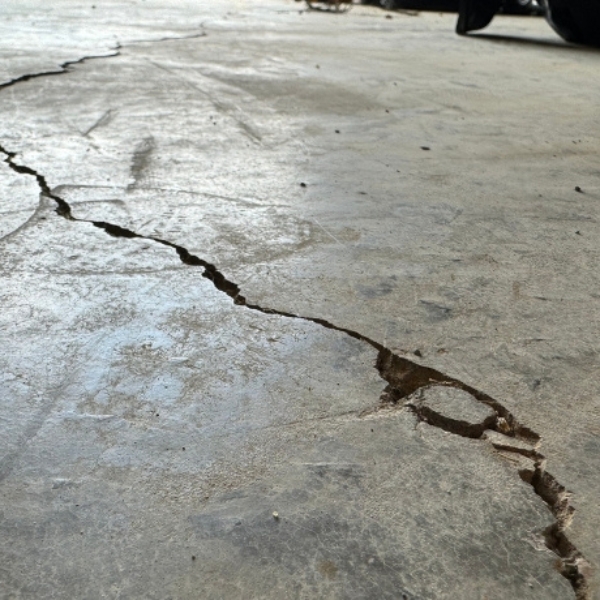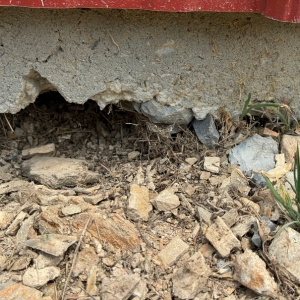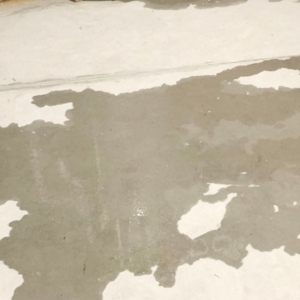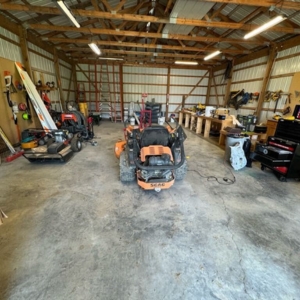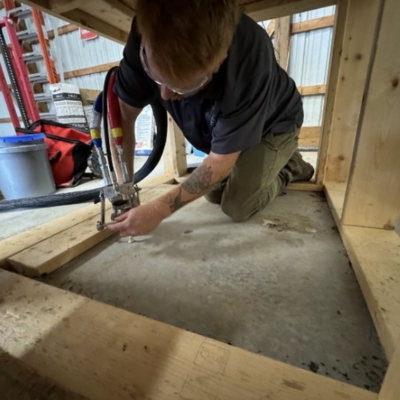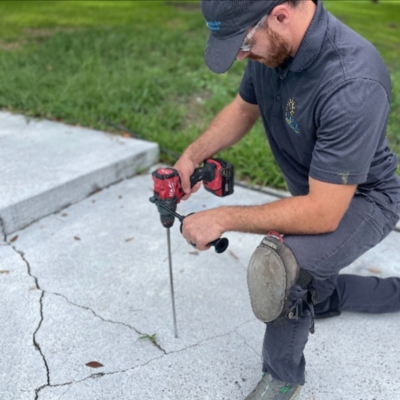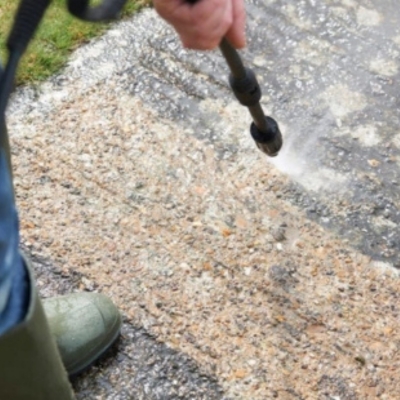Cracked Garage Floor FAQs
Some small, hairline cracks in garage floors are normal and usually caused by concrete curing or minor temperature changes. However, in Jacksonville’s humid, sandy soil, wider or uneven cracks often signal moisture intrusion, soil settlement, or foundation stress. A quick assessment from LUX Foundation Solutions can confirm if concrete repairs are needed to fix garage floor cracks.
In Florida’s humid, sandy soil, worry when cracks grow wider than 1/8 inch, become uneven, or show signs of water seepage. These often point to shifting soil or poor drainage beneath your slab. LUX’s free assessment helps determine if your cracked floor needs immediate attention.
Yes, they can be. Serious garage floor cracking may lead to uneven surfaces, tripping hazards, or structural strain on your foundation. Ignoring cracks allows moisture to worsen the problem. Early evaluation from LUX Foundation Solutions prevents minor damage from turning into expensive repairs.
Garage floor crack repair cost varies depending on the size, cause, and method. Minor sealing or caulking costs less, while uneven slabs needing foam lifting cost more. LUX Foundation Solutions provides transparent estimates after a free assessment of your specific situation.
Yes, most garage floor cracks can be repaired without replacing the entire slab. In Palm Coast’s sandy coastal soil, depending on the issue, LUX may recommend polyurethane foam lifting, concrete caulking, or sealing to fix cracks in garage floors to restore strength and prevent future cracking. Repairs are tailored to Florida’s unique climate and soil conditions.

